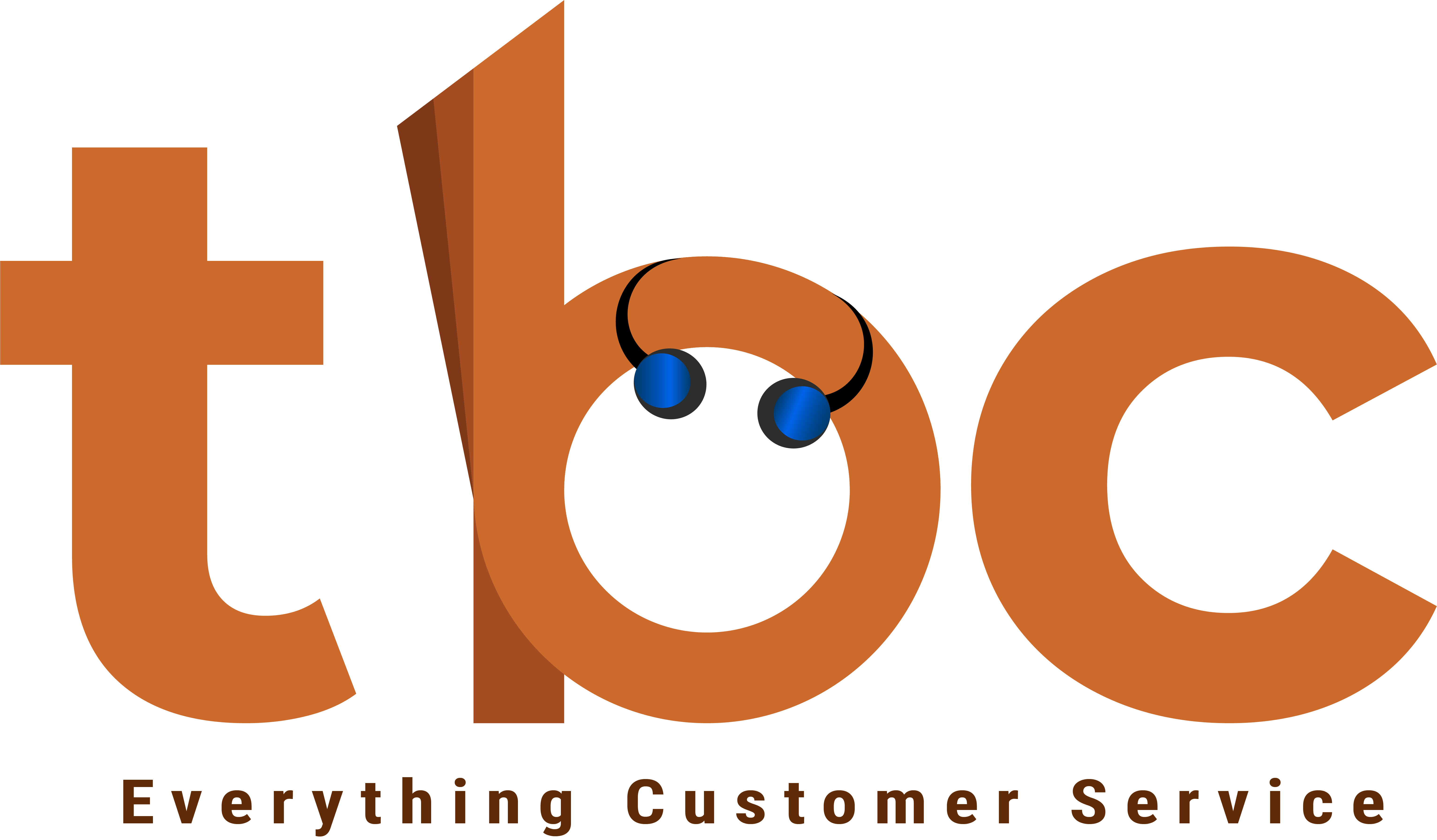Two-thirds of the contact centers moved to the cloud in the last 12 months. The contact centers moved to the cloud to keep their floors running as a response to the pandemic.
That being said, the contact centers now have started seeing several other reasons why the cloud makes sense for them.
There are several reasons why cloud would make sense, and the top 5 reasons are:
1. Flexibility
It allows you to avoid high capital investments for your contact center infrastructure. You are only talking about operational expenses, where you pay by the minute for all of the infrastructure that you use. You pay for your dialer, integrations, telephony, storage, and analytics, all put together by the minute.
Besides, you can scale up and down the number of agents based on your business demands. No infrastructure is lying unutilized with zero sunk costs at any point in time.
2. Increased uptime
What does cloud bring to uptime issues? You are most likely to host it on a platform like Google Cloud, AWS, or Azure. They have put in all that it takes to make their infrastructure scalable and redundant. All of these are available on a need basis. You can safely assume an uptime of 99.9% and add a redundant carrier to this, and you are good to go.
Just imagine the customer service that you can provide with close to zero downtime on your offerings.
3. Access to applications and intelligence
Think of a situation where you want to add speech analytics to your contact center and integrate it with your CRM. We are easily talking thousands of dollars as additional investments that might be prohibitively expensive for a mid-sized contact center to procure and maintain. However, we are looking at a few cents extra for every minute of your usage with the cloud offering.
This would allow your agents to manage every customer conversation better, and the intelligence adds up over a period that will enable you to provide a better and better customer experience.
4. Security and compliance
You name your need, and your cloud provider would most likely have – disaster recovery plans, high visibility of the environment, monitoring logs of cloud activity, identify access management tools, automated services, and encrypting data at all times.
Imagine the amount of effort and dollars needed to have this infrastructure up and running. All of these are already addressed by your provider.
What about compliance?
Your cloud infrastructure comes with compliance like HIPAA, HL7, PCI-DSS, SOC, ISO 27001, SSAE16/ISAE 3402 Type II standards. This makes you call center compliant with most customer compliance requirements as well. Isn’t that a significant advantage?
5. Reduced reliance on IT
The biggest challenge that traditional contact centers face is that they are far too dependent on IT to set up, maintain, and operate the contact center. There are too many variables associated with internal IT – capabilities, infrastructure availability, and reliability. You can remove all of these unknowns and safely do away with the dependence on IT to operate your contact center.
While the cloud provides all of these advantages, people were initially hesitant to adopt this model. It has taken a pandemic to make people realize the benefits of the cloud.
From here on, I guess there is no looking back for the cloud contact centers platforms. It is only onward and upward, mainly because of the benefits that it offers its customers.








